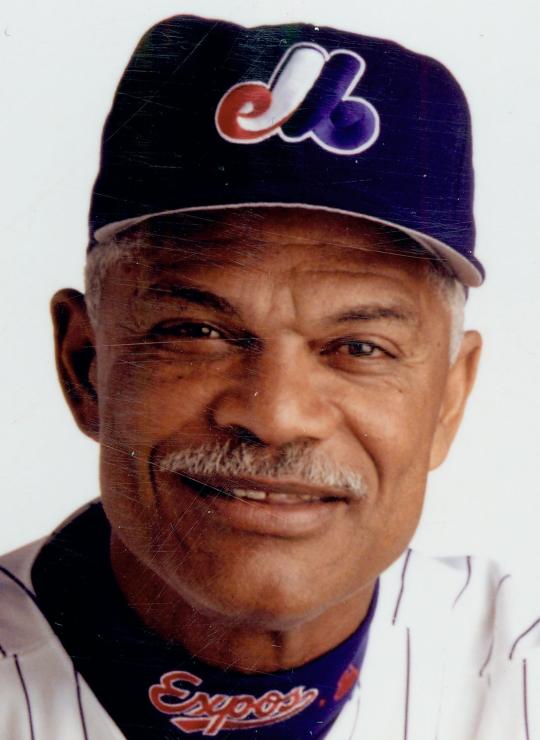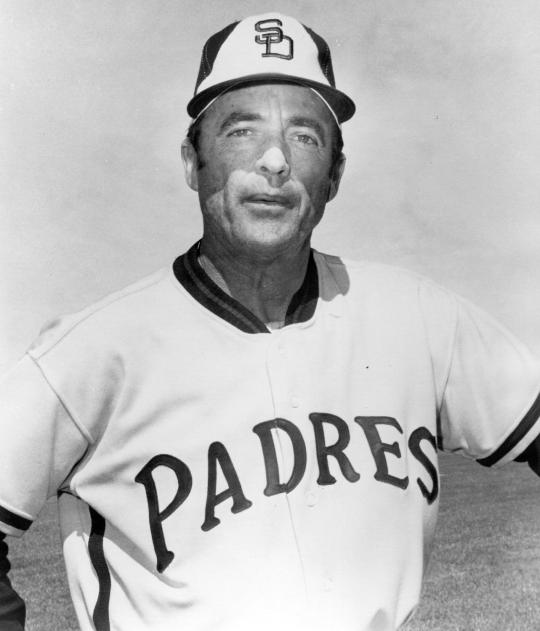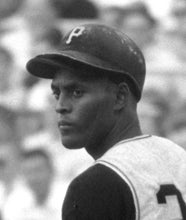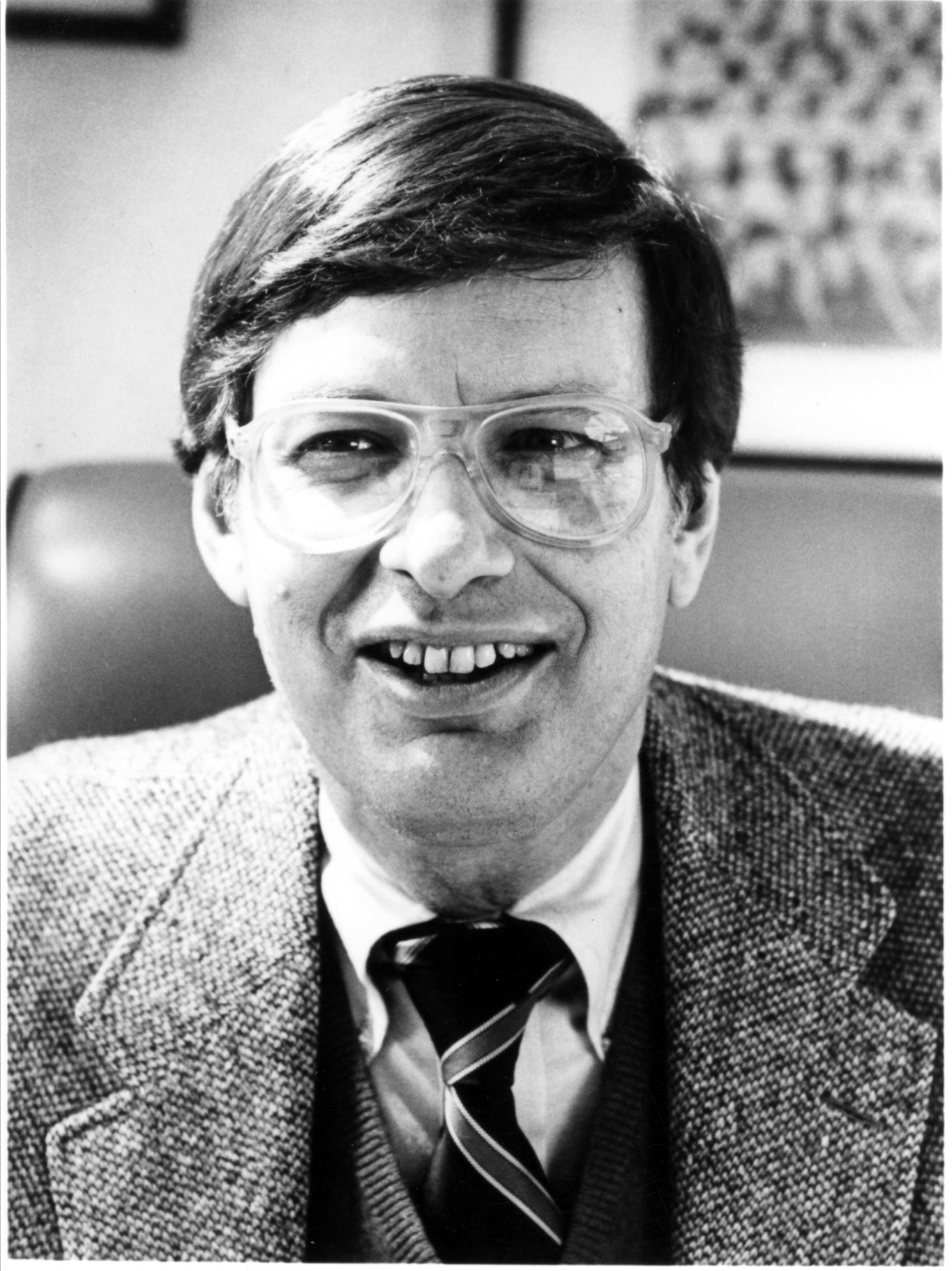- Home
- Our Stories
- Latino managers, executives continue to break barriers
Latino managers, executives continue to break barriers
The weight of his accomplishment truly hit home for Omar Minaya at Montreal’s Olympic Stadium on Opening Day 2002.
That's when two of the greatest trailblazing families in American sports were on hand to share the day with the first Latino general manager in Major League Baseball history.
Official Hall of Fame Merchandise
Hall of Fame Members receive 10% off and FREE standard shipping on all Hall of Fame online store purchases.
On that day, Hall of Famer Jackie Robinson’s daughter Sharon and Roberto Clemente’s widow Vera traveled to Montreal for Minaya’s first home opener in his new role.
Jackie Robinson, who broke baseball’s color barrier in 1947, spent the 1946 season with the Montreal Royals. Clemente, the Pittsburgh Pirates legend, was an outspoken champion for Latinos in baseball and throughout Latin America.
“When you see Roberto Clemente’s wife and then understanding that you had Jackie Robinson’s daughter there too, that hit me a little bit,” Minaya said. “They were both there and wanted to be there for me. I just thanked them.”
Minaya, who was born in the Dominican Republic and raised in Queens, N.Y., broke barriers with the Expos. Three years later, Venezuelan Ozzie Guillén of the Chicago White Sox became the first Latin American manager to lead a team to the World Series title.
But the story of Latin Americans in baseball leadership roles actually began nine years before Robinson broke the color barrier. Cuban Miguel “Mike” Angel González Cordero, became baseball’s first Latin American manager when he took over the 1938 Cardinals on an interim basis late that season.
It took 64 more years before Commissioner Bud Selig made Minaya baseball’s first Latino general manager in 2002 with the same franchise that had given an opportunity to a man who became one of the greatest Latino managers, Felipe Alou.
The Expos were owned by MLB when Selig appointed Minaya. Two years later, the Mets hired Minaya as general manager after the 2004 season. The bilingual Minaya proved crucial as the Mets lured eventual Hall of Famer Pedro Martínez of the Dominican Republic in his first winter as general manager in Queens.
Martinez had just led the Red Sox to the 2004 World Series title. He was leaning toward a return to Boston before Minaya visited him in Santo Domingo, Dominican Republic, on Thanksgiving 2004 to begin courting him.
Minaya jokes that he spoke a little bit of Spanglish – mixing in Spanish and English words while chatting – during the high profile recruiting efforts with Martínez.
The connection paid off.
"I just have a great amount of respect for him,” Martinez told USA Today at the time. “Between fellow Dominicans, we believe a lot in our word and looking at people in the eyes. And when he said he wanted me and he was going to do anything possible, I could sense that he really wanted me.
“I was like 'Whoa.' He said, 'If I can get you, will you play for me?' I never thought it would happen so quick."
Although Minaya definitely had a strong cultural connection Martinez, he is quick to point out Latino ballplayers and Latino general managers are just as motivated by the bottom line as every other group.
“I think first of all, it’s always about the money,” Minaya says. “That is a misconception that they’ll come just because we’re Latin. I think it was just the ability to look at people in the eye and say, ‘This is what it is.’ They can find out a little bit.
“It’s a comfort zone somewhat, but it’s still about the money. The principles of general managers and players are always about compensation. It helps if a player is able to feel comfortable what he’s feeling and you’re able to communicate with him, but it’s still about the player feeling he’s getting paid for his value.”
Minaya became a trailblazer of sorts long before he became the game's first general manager.
In an era when the majority of Latino scouts were relegated to mining for international talent, Doug Melvin promoted Minaya to become the Texas Rangers’ professional scouting director.
“Now everybody has a pro scouting department, but that was one of the first pro scouting departments in baseball,” Minaya recalls. “So I kind of came up as a professional scouting director. I was always involved in domestic and international scouting.”
Minaya was then hired as an assistant general manager by the Mets in 1997. He left the Mets to become the Expos’ GM before returning as the Mets’ GM after the 2004 season. He remained in that position until October 2010.
Former Phillies infielder Ruben Amaro, Jr., who was born in the U.S. to a Jewish mother and Cuban-Mexican father, became the second Latino general in baseball when the Phillies named him to that post in November 2008.
“We’re a product of how baseball has grown internationally,” Minaya said. “I’m of Hispanic heritage, but I was raised in New York. Opportunities came with the Rangers as a scout and I was able to work my way from area scout to general manager.
“The fact that I happened to be the first Hispanic to be in this position of leadership, you feel honored. It was just the way the game continues to grow with the international players and the Hispanic players.
“It wasn’t a Hispanic deal. It was more baseball and the fact I was bilingual and had been involved.”
Alou, the 1994 National League manager of the Year, is one of the most successful Latino managers of all-time. He guided the 2003 Giants to the NL West crown with a 100-61 record and before that led the 1994 Expos to a 74-40 record in that strike-shortened season.
“For me Felipe was always a great manager and player,” Minaya said. “He is a person that understood and had great respect for all players, but he also had an understanding of broader issues than just baseball.
“Felipe is similar to myself. I think you communicate with Latino players, but players are players. He could be understanding, but he still demanded high standards. He had very high standards.”
Jose de Jesus Ortiz is a freelance writer from Houston
Related Stories
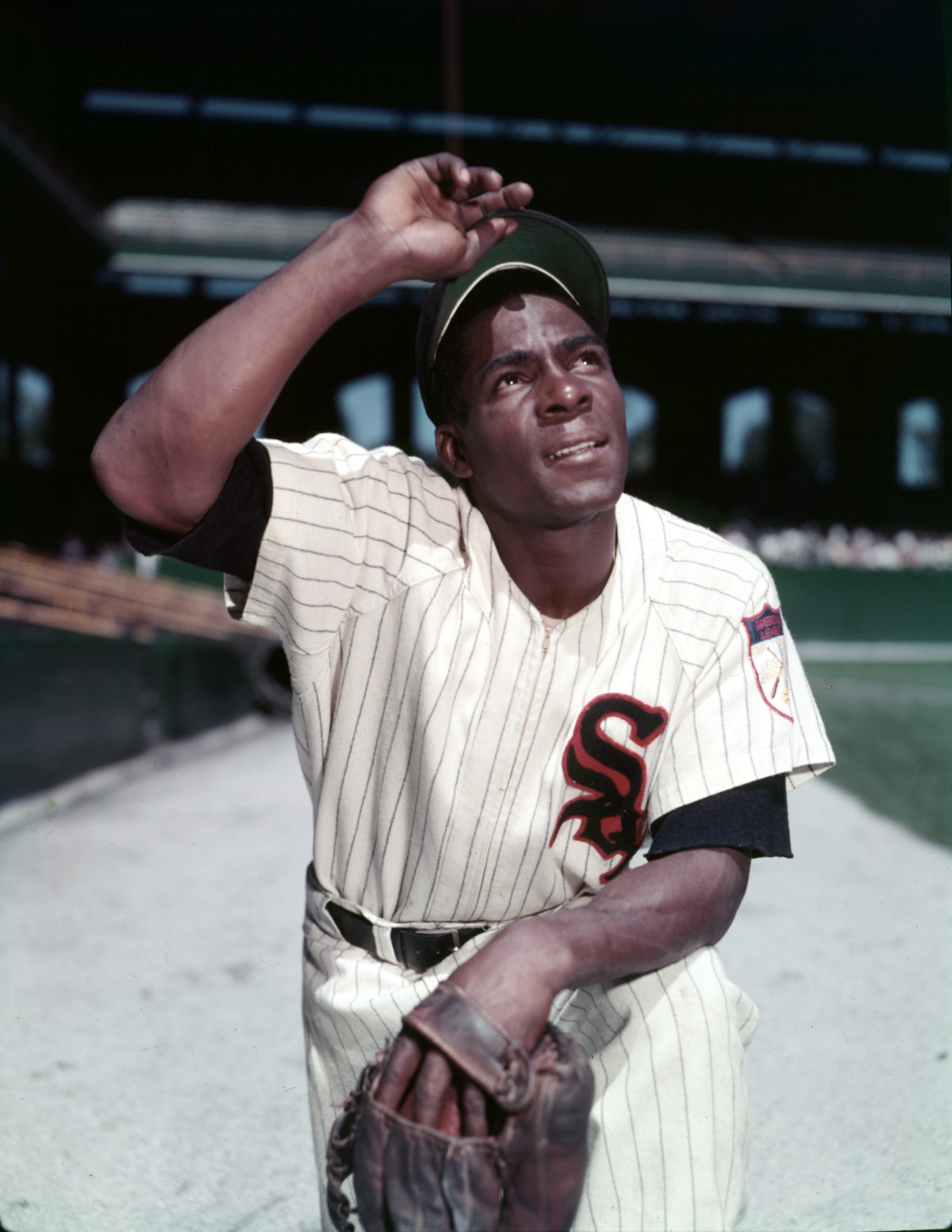
Minnie Minoso’s talent and courage opened doors for Latin American stars
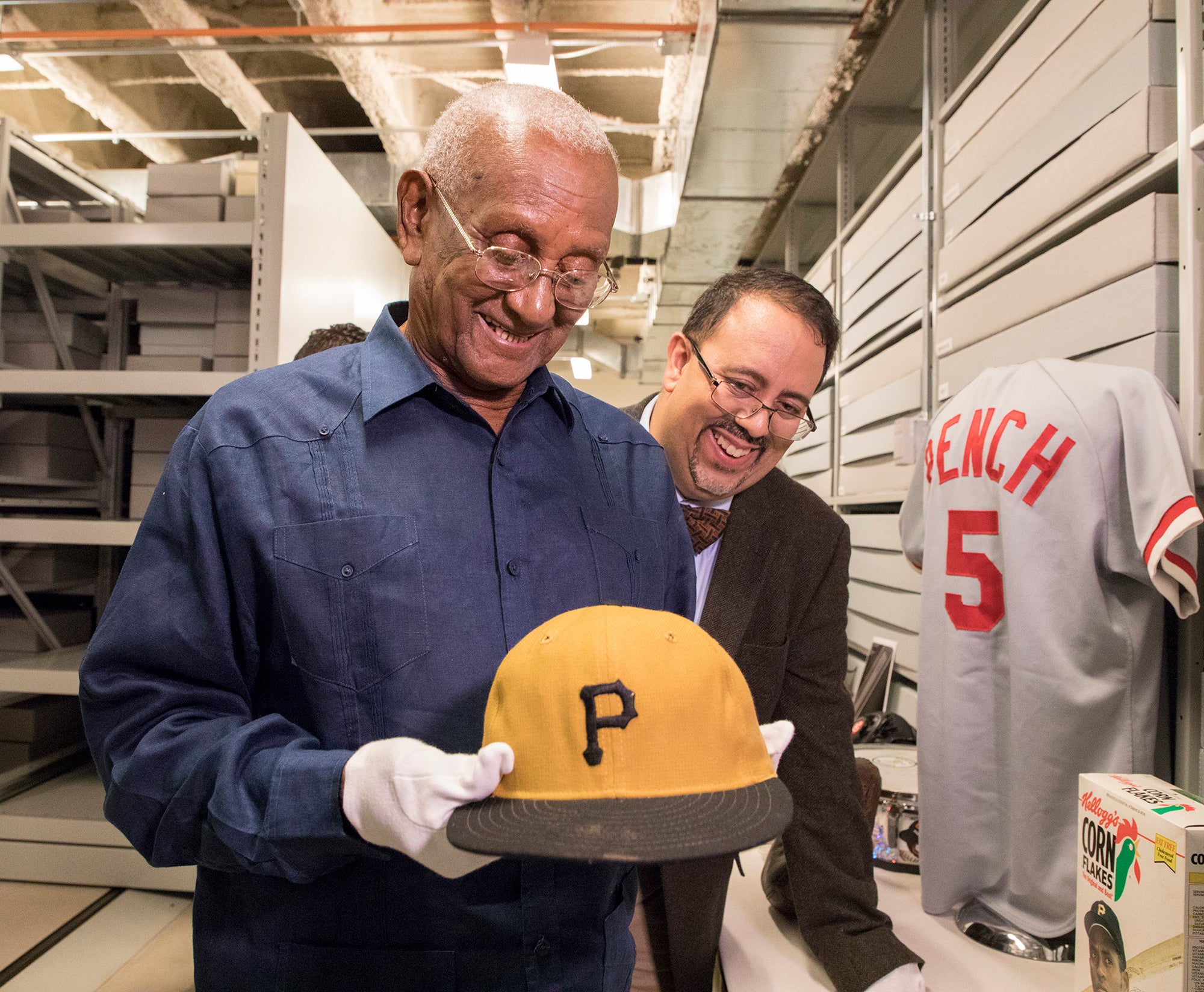
Justino Clemente, brother of Roberto, visits Hall of Fame
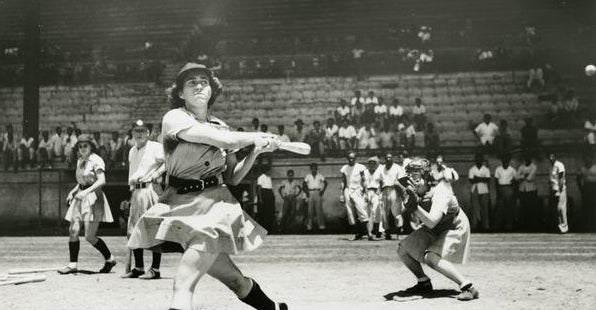
#Shortstops: Spring Training in Cuba
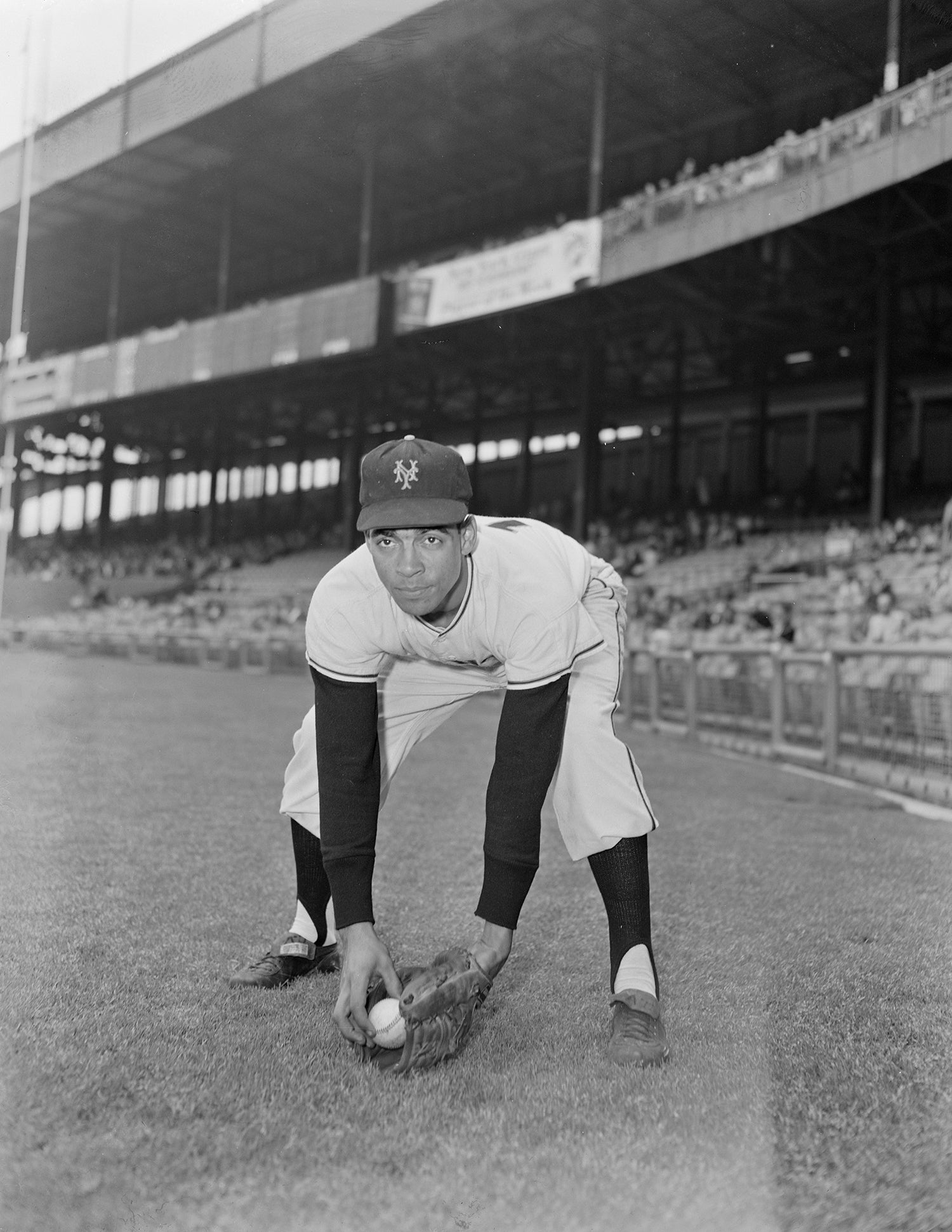
Virgil paved the way for Dominican stars of today

Minnie Minoso’s talent and courage opened doors for Latin American stars

Justino Clemente, brother of Roberto, visits Hall of Fame

#Shortstops: Spring Training in Cuba



